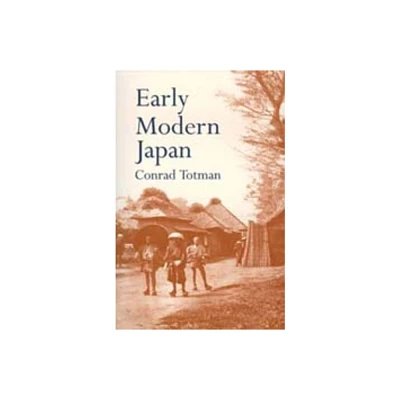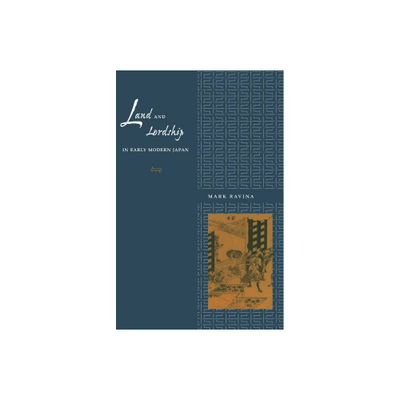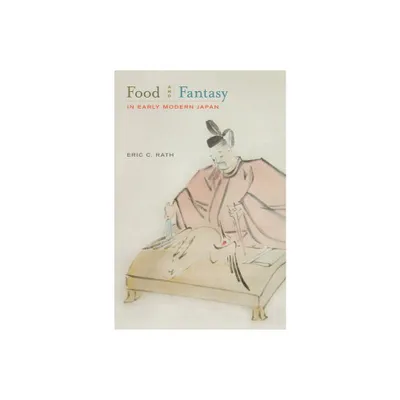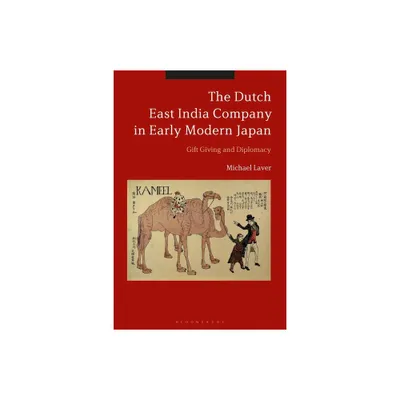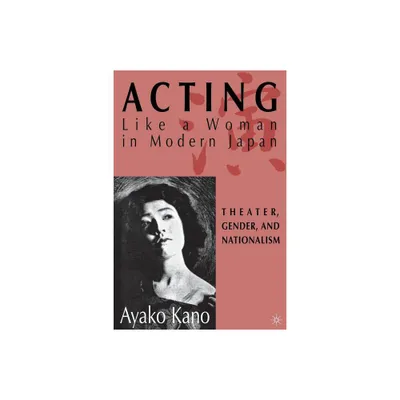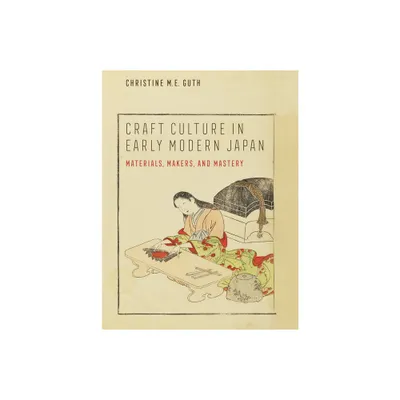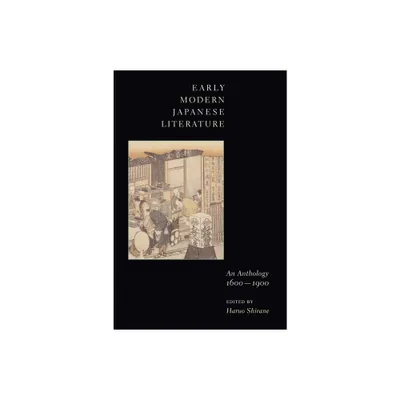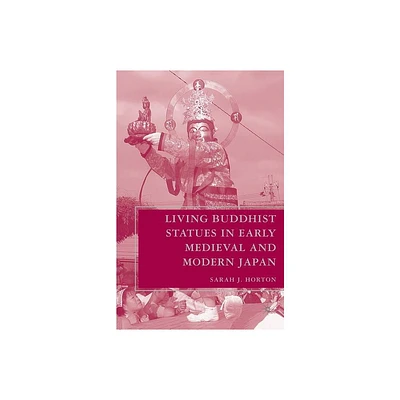Home
Like No Other: Exceptionalism and Nativism in Early Modern Japan
Loading Inventory...
Barnes and Noble
Like No Other: Exceptionalism and Nativism in Early Modern Japan
Current price: $80.00


Barnes and Noble
Like No Other: Exceptionalism and Nativism in Early Modern Japan
Current price: $80.00
Loading Inventory...
Size: OS
*Product Information may vary - to confirm product availability, pricing, and additional information please contact Barnes and Noble
Like No Other: Exceptionalism and Nativism in Early Modern Japan
probes the association of the early modern Japanese intellectual institution called Kokugaku with the phenomenon of nativism. Uncovering profound differences that cast serious doubt on this association, Mark McNally argues that what Japanologists viewed as nativistic about Kokugaku were actually more typical of what Americanists call exceptionalism. By severing the link between Kokugaku and nativism, he is able to explore within early modern Japanese history instances that were more genuinely nativistic, such as the upheaval associated with the intercultural encounters with Westerners during the 1850s and 1860s that culminated in the overthrow of Japan's last shogun. He also documents, for the first time in Japanese studies, the ways in which exceptionalism applies to Japanese history; not by focusing on either
Nihonjinron
or on Kokugaku—the connection between the former and exceptionalism is one that Americanists have already made, and the connection between the two Japanese institutions is one that Japanologists already know well—but by highlighting the central role of Confucianism.
While Americans looked to the Judeo-Christian tradition for their exceptionalist ideas, their counterparts in early modern Japan looked to Confucianism, whose foundational connections to exceptionalism were perhaps stronger than any analogous tradition in the West. Despite the fact that exceptionalism and nativism occupy distinct positions within the historiographical traditions of both the United States and Japan, they also intersect and overlap in the latter case, which strongly suggests that this situation may also be true in other places, including the United States.
probes the association of the early modern Japanese intellectual institution called Kokugaku with the phenomenon of nativism. Uncovering profound differences that cast serious doubt on this association, Mark McNally argues that what Japanologists viewed as nativistic about Kokugaku were actually more typical of what Americanists call exceptionalism. By severing the link between Kokugaku and nativism, he is able to explore within early modern Japanese history instances that were more genuinely nativistic, such as the upheaval associated with the intercultural encounters with Westerners during the 1850s and 1860s that culminated in the overthrow of Japan's last shogun. He also documents, for the first time in Japanese studies, the ways in which exceptionalism applies to Japanese history; not by focusing on either
Nihonjinron
or on Kokugaku—the connection between the former and exceptionalism is one that Americanists have already made, and the connection between the two Japanese institutions is one that Japanologists already know well—but by highlighting the central role of Confucianism.
While Americans looked to the Judeo-Christian tradition for their exceptionalist ideas, their counterparts in early modern Japan looked to Confucianism, whose foundational connections to exceptionalism were perhaps stronger than any analogous tradition in the West. Despite the fact that exceptionalism and nativism occupy distinct positions within the historiographical traditions of both the United States and Japan, they also intersect and overlap in the latter case, which strongly suggests that this situation may also be true in other places, including the United States.
